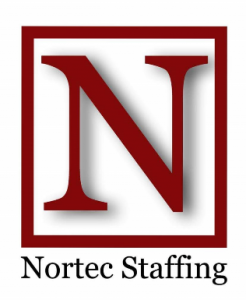Did you know that during the hiring process, some companies subtly try to estimate your age? While directly asking for your age is often illegal, there are ways employers might skirt around this with seemingly harmless questions.
Age should never overshadow the value you bring to the table. Your skills, experience, and continuous learning are what truly matter. Be prepared to steer conversations toward your expertise and show employers that your capabilities are timeless!
Here’s how it happens and how you can handle it like a pro:
Common Ways Companies Hint at Age
Graduation Dates: “What year did you graduate from college?”
Career Start Dates: “When did you start your first job?”
Skill Familiarity: “How long have you been using [specific tool or tech]?”
Historical References: “Were you working during [specific event]?”
Certifications: “When did you get certified in [specific skill]?”
These questions may seem casual, but they can be used to infer your age.
How to Handle It
How to Handle It
Redirect the Question
Focus on your qualifications instead of providing unnecessary details:
“I completed my degree in [field] and have been successfully applying it ever since.”
Highlight Continuous Learning
Show that you’re staying current with industry trends by mentioning recent certifications, tools, or training programs.
Omit Graduation Years
Leave off graduation dates from your resume or LinkedIn profile unless absolutely required.
Set Boundaries
If asked about irrelevant dates, politely steer the conversation back to your value:
“I’d prefer to focus on how my skills align with this role.”


Leave a Reply